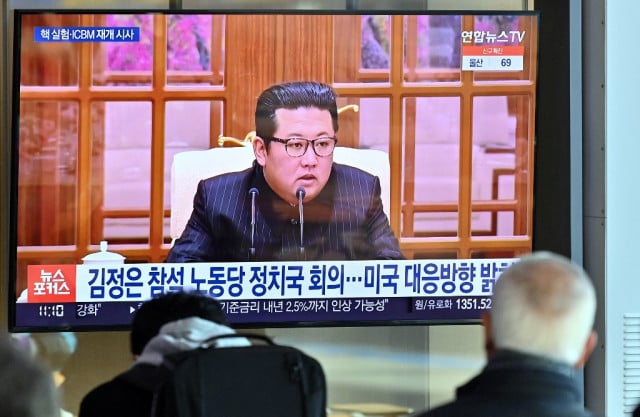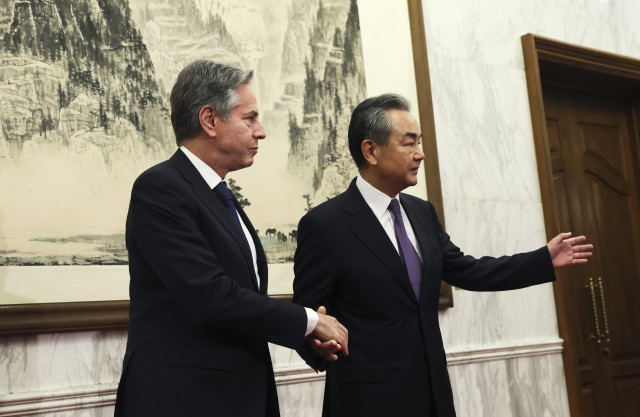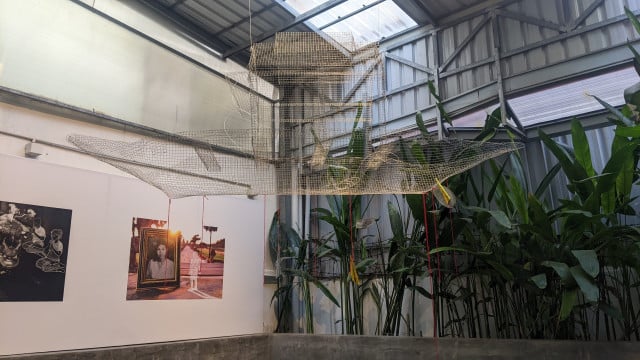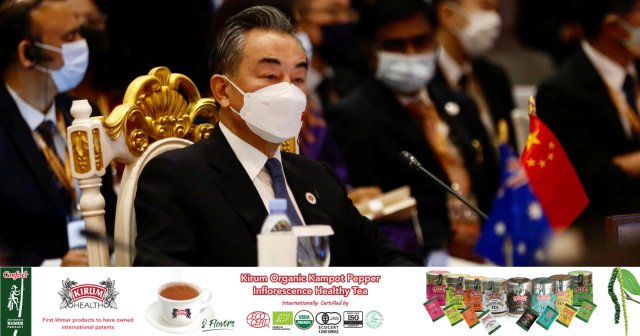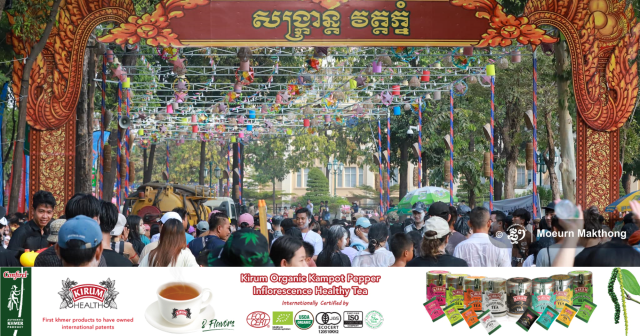Opinion: South Korea’s Soft Power in Cambodia
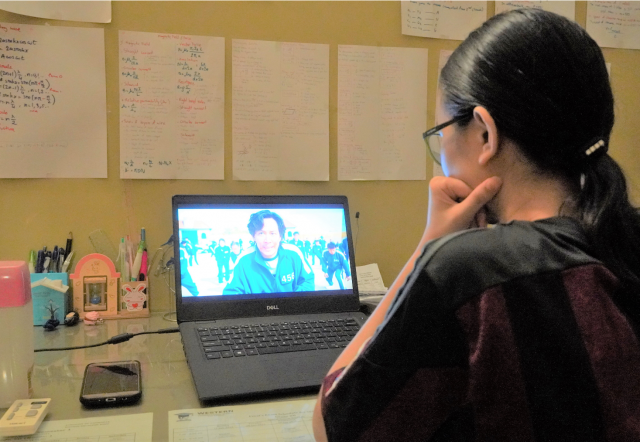
- By Ek Bunly
- October 10, 2021 3:42 PM
As a country sitting at the heart of Southeast Asia, Cambodia has received the influence of Korean culture – such as language, food, music, style, clothing, architecture, and sports – for many decades.
However, the Korean cultural boom in Cambodia was noticeable, for the majority of the population, in the late 2000s with the popularity burst of Korean music, TV shows and dramas.
The popularity of the inflow of Korean culture – in this case K-pop – was such a breakthrough success that the major Cambodian television stations, as well as private companies in the country, invited various K-pop artists, performers, and singers to visit and perform in the capital.
For instance, Baby Vox Re.V and Paran were the first two K-pop groups to get invited to perform in the Kingdom of Cambodia in 2008. After the success and Cambodians’ overwhelming support of K-pop, other groups such as SHINee, After School, BTOB, SISTAR & TAHITI, T-ARA, SPEED, Laboum, U-Kiss, and CL were invited to the country by CTN, MTV, and Smart Axiata in 2010, 2011, 2013, 2014, and 2017 respectively, with tickets sold reported to be for no less than 3,000 seats for each group’s concert, turning into a popular social trend among youth in Cambodia.
Not only that, Korean fashion, clothing, style, music, and reality shows have become part of Cambodian culture among youth in the last decade and extensively spread all over the internet. The emergence and increase in popularity among Cambodia’s youth of Korean fashion, hairstyles, clothing, makeup, drama, language, food, and music heavily developed into a trend in the late 2000s, with Korean style remaining one of the styles adopted by the modern Cambodian youth until today.
This tendency is explained by Professor Lee Geun, a professor of international politics at the Seoul National University in South Korea, as an acceptance of what is known as the “Korean Wave” or “Hallyu.” The term “Hallyu” was first coined in the Beijing Youth Report in November 1999, which exactly translated to “Korean Wave,” referring to the social phenomenon of the growth of Korean culture being spread all over the world, ranging from music, drama, games, clothing, language, food to movies and even daily lifestyle, just to name a few.
As neighbors, China and Japan had first encountered the spread of Hallyu – with Japan recording the popularity of Korean pop artists increasing in Japanese society since the 1980s – which was followed by Southeast Asia and then the rest of the world experiencing Korean culture being presented and favorably accepted by their citizens. Since the late 1990s, the Korean wave has become one of the biggest hits in cultural diffusion across the world, contributing 0.2 percent of South Korea’s GDP in 2004 (around $1.87 billion) to a staggering $12.3 billion boost on the economy of South Korea in 2019. This has made the “Korean Wave” or “Hallyu” a very important drive for Korea’s economy and the spread of Korea’s soft power around the world.
Soft Power – as explained by Professor Lee Geun – is the insertion of influence or power without the use of threats or forces to achieve compliance, which can be utilized to improve the external security environment, promote other countries’ support, manipulate other states’ preferences and perceptions, create a sense of unity, and increase support. Soft power can be seen through the projection of knowledge, policy, and culture in which the “Korean Wave” or “Hallyu” fits flawlessly as soft power projection of South Korea.
In Cambodia, the Korean language, style, food, clothes, music, drama, and many more are being accepted with great pleasure among Cambodian youth. In fact, it is estimated that around six million young Cambodians aged 18 years old or younger – in 2014 – were receiving more influence of the Korean Wave than other age groups during the same period. However, the number is likely to increase in 2021 due to the global outreach of the latest K-pop group and dramas such as PSY, Blackpink, BTS, EXO, iKon, Red Velvet, and many more.
Speaking of the Korean Wave’s global outreach, the breakthrough of the internet and the use of social media has fueled the pervasive spread of Korean fashion, music, reality shows, and drama in which join Cambodia – Korea culture for modern youth in the Kingdom. For instance, the drama known as the “Squid Game” has been a major hit among Cambodian youth since its debut on Sept 17, 2021. The 9-episode drama has been shown in more than 90 countries worldwide, obtained a 100-percent score on Rotten Tomatoes—a US-based film review site—an astonishing 8.3 rating out of 10 in the Internet Movie Database (IMDB), and has topped the Netflix’s drama charts in 83 countries. Cambodia’s youths are engaging in analyzing the series on Facebook, comparing contemporary real-life examples to the game, posting information about the Korean society depicted in the series, and some even do analytical reviews about the next step toward the end of the series. In some countries, the popularity of the series even leads to the recreation of the Squid Game challenges, which are extremely trendy on TikTok, at the time of writing.
This shows how the “Korean Wave” or “Hallyu” is being popularized and accepted with pleasure in Cambodian society, making South Korean culture part of the modern Cambodian society in the 21st century. Therefore, it goes without hesitation to say that the Korean soft power is shaping the lives of many Cambodian young people as well as becoming an essential and important part of their lives, contributing to boosting Korea’s image in the Kingdom and showing that it is a welcomed power in Cambodia.
Ek Bunly is a research fellow, at the Cambodian Institute for Cooperation and Peace (CICP), in Cambodia who focuses on the relations between The Republic of Korea and Cambodia and the relations between Cambodia and China.






